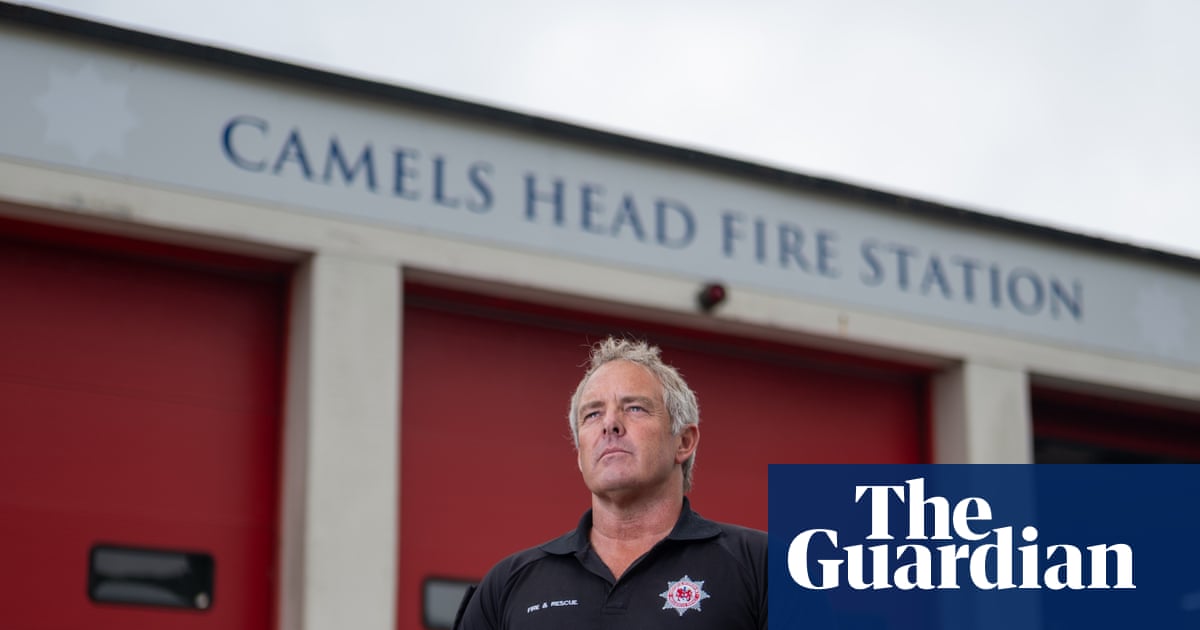
"Approaching a dilapidated-looking 1960s building with a peeling and faded exterior, it is common for visitors to have the same thought: this cannot possibly be an active fire station. You can say it looks derelict, we know, says Simon Carey, the group commander of the Plymouth response at Devon and Somerset fire and rescue service. Despite its ramshackle appearances, Camels Head, a full-time fire station staffed 24 hours a day,"
"Fire chiefs have warned that many stations are no longer fit for purpose and some are posing a serious health hazard to firefighters. It comes after a decade of what one chief fire officer said was in effect the service being defunded, with an estimated 1bn in government funding cut during this time. This week, fire chiefs said proposed funding changes were likely to leave the service more than 100m worse off over the next three years, equivalent to 1,500 full-time firefighters."
"At Camels Head, the interior is arguably worse than the outside. Faux leather peels off the seats of the old, mismatched chairs in the break room, where a TV stand has been fabricated from the repurposed end of a snooker table. Capital funding for fire services to invest in buildings and equipment has plummeted by an estimated 1bn in the last decade."
Camels Head operates as a full-time, 24-hour fire station from a dilapidated 1960s building with peeling exterior and severely degraded interiors. The station serves deprived Plymouth wards and HMNB Devonport, including a Royal Navy dockyard and nuclear submarine base. Interiors show peeling faux leather, mismatched chairs, improvised furnishings, brown watermarks from decades of leaks, crumbling plaster, single-glazed windows that admit rain and cold, and an aging heating system. Fire chiefs warn many stations are unfit and pose health hazards. Capital and operational funding have fallen sharply, with estimated cuts around 1bn and projected shortfalls equivalent to 1,500 firefighters.
Read at www.theguardian.com
Unable to calculate read time
Collection
[
|
...
]